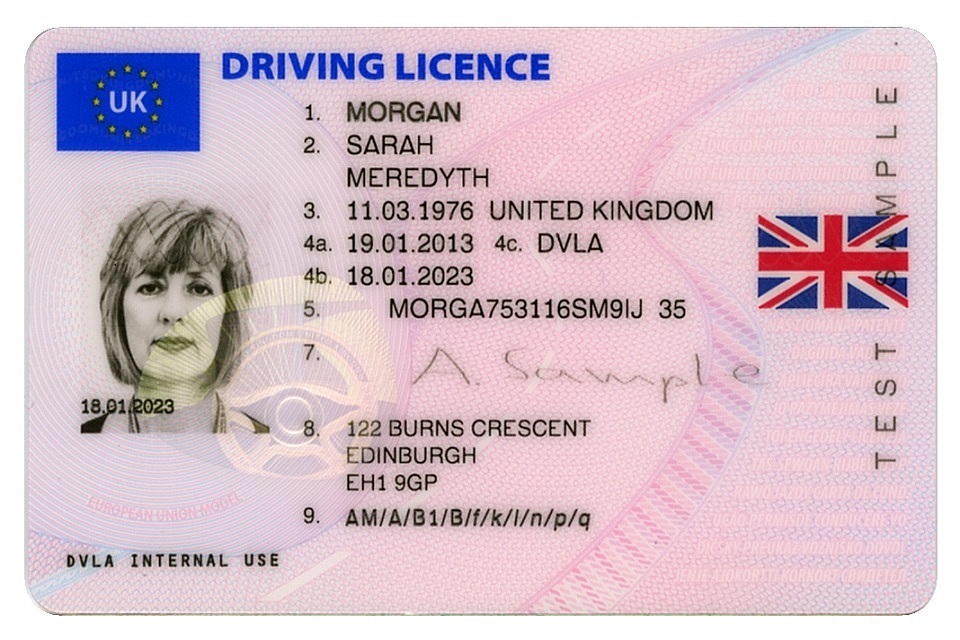Lord Title On Driving Licence
Driving licences are official documents that provide permission to individuals to operate motor vehicles on public roads. Although most people know that they need a driving licence to drive legally, they may not be aware of the specific requirements or what exactly a licence is. In this article, we will discuss the purpose of a driving licence, the benefits it provides, and the different types of licences available. We will also explain the process of applying for a licence and the documents that need to be provided. Finally, we will provide an overview of the laws regarding driving licences, including the penalties for not having a valid licence.
What is a Driving Licence?
Driving licences are official documents that authorise individuals to operate motor vehicles on public roads. They provide proof of identity and age and demonstrate that the holder has the necessary knowledge, skills, and experience to safely operate a motor vehicle. In most countries, driving licences are issued by the government and must be renewed periodically in order to remain valid.
What Are the Benefits of Having a Driving Licence?
Having a valid driving licence offers a range of benefits, including the ability to rent a car and the freedom to drive without supervision. It also provides a sense of security and independence, as the holder is able to drive safely and legally. Additionally, having a valid licence can make it easier to obtain auto insurance and can lead to lower insurance premiums.
What Types of Licences Are Available?
The type of licence that an individual needs will depend on the vehicle they wish to drive. In most cases, the basic licence will cover cars and light trucks, while a more advanced licence may be required for larger vehicles, such as buses and heavy trucks. Additionally, some countries may offer specialised licences for certain vehicles, such as motorcycles, boats, and recreational vehicles.
How Do I Apply for a Driving Licence?
The process of applying for a driving licence will vary depending on the country or region. Generally, applicants must provide proof of identity, such as a valid passport and proof of address, such as a utility bill. In some cases, applicants may also need to pass a written examination, a driving test, or both. Additionally, applicants may need to provide a medical certificate or evidence of vision and hearing checks.
What Are the Laws Regarding Driving Licences?
The laws regarding driving licences vary by country and region, but in general, it is illegal to operate a motor vehicle without a valid licence. Additionally, drivers may be required to carry their licence with them at all times and present it to law enforcement if requested. Penalties for not having a valid licence can include fines, the suspension or revocation of the licence, and in some cases, imprisonment.
Conclusion
A driving licence is an essential document that provides permission to individuals to operate motor vehicles on public roads. It offers a range of benefits, including the ability to rent cars and the freedom to drive without supervision. Different types of licences are available, depending on the vehicle being driven, and the process of applying for a licence will vary by country or region. Additionally, it is important to be aware of the laws regarding driving licences, as failing to have a valid licence can lead to serious penalties.
Renew Photocard Driving License - Supriyadi info

UK & Northern Ireland Drivers License – TheDocumentShop

Can someone please help me return Lord Vader’s driving licence
